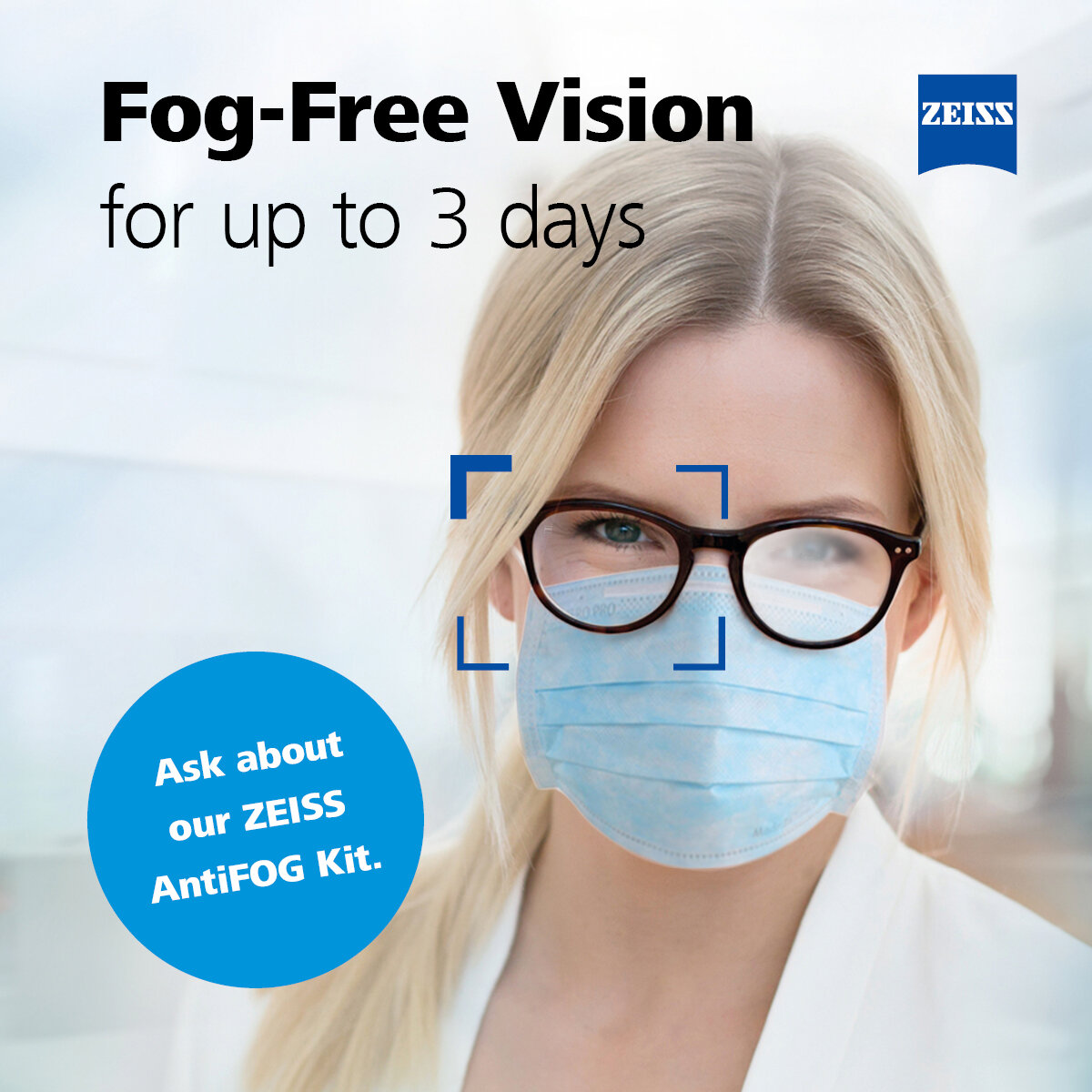In late August, a grassroots group of New Zealand doctors got together to answer a question: how can we help the people of Aotearoa New Zealand gain accurate information about the Pfizer vaccine?
They decided the best thing they could do was to show a strong and united stance: to speak publicly to the people of New Zealand in support of vaccination against Covid-19. A group called Doctors Stand Up for Vaccination was formed.
What is their message? It is this:
“We overwhelmingly support vaccination against Covid-19. It is safe, and it is effective. Serious side effects are very rare, and much less common than the same complications experienced in Covid sufferers.
We know that people have many questions, and we encourage you to read our FAQ document, which may help answer some questions and allay some fears.
This is a hard time for Aotearoa New Zealand, but together we will get through this.”
This group has listened, and identified the questions doctors are being asked on a regular basis: “Is the vaccine safe? How effective is it? What are the possible side effects, and how do they compare to the risk of catching Covid-19? How is the vaccine being monitored? Can I have it if I’m pregnant? How about if I’m immunocompromised?”
The result is a Frequently Asked Questions document to answer the most common questions. Read this document here.








